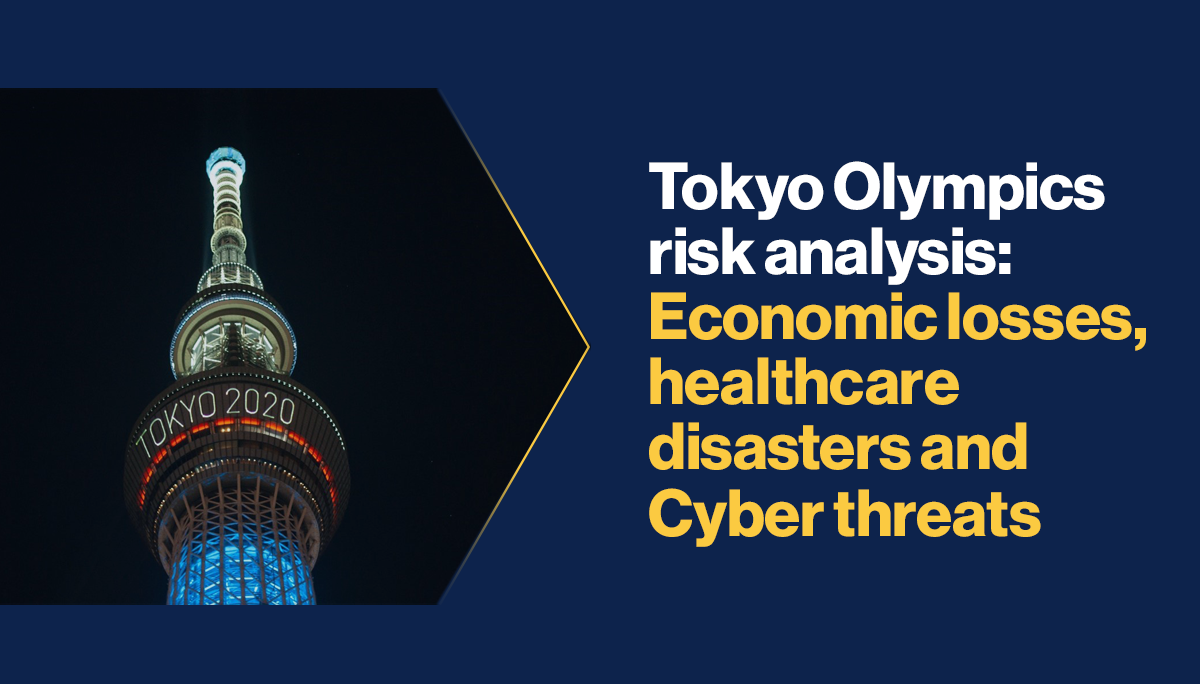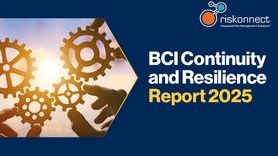Tokyo Olympics risk analysis: Economic losses, healthcare disasters and Cyber threats

The Tokyo Olympics risk billions in economic losses amid overspending, exposure to cyber threats and rising COVID cases
The Tokyo Olympics have exposed Japan to major economic risks as daily threats continue to build. Just days after the Olympics opening ceremony, one of the highest numbers of COVID 19 cases has been recorded in one just day.
Tokyo reported the record-breaking figure of 2, 848 confirmed cases on Tuesday, 27 July. This comes after major additional spending has gone into the prevention of COVID 19 infections, adding to the growing concerns of the public, on whether the games should have gone ahead in the first place.
A fourth state of emergency is now active in Tokyo and Okinawa Prefecture until the middle of August as capital health experts of the country warn that the worst is yet to come after authorities alerted hospitals to prepare more beds for patients [TBSNews].
President Suga told the press that the Delta variant is spreading quickly, urging the public to stay home whilst denying whether the cancellations of the games is an option.
Japan has administered over 77 million vaccine doses so far after a slow start in the vaccine rollout with almost half the number of vaccines being administered in July.
After a one-year delay of the Olympics, the economic losses faced by further postponing the games or cancelling could be catastrophic.
Delays of the games by one year after billions of Yen went into construction of new permanent facilities and the building of a stadium was balanced by the expectation of gains by foreign spectators.
In March, the decision to ban foreign spectators diminished the expectation of economic gains.
Forecasts from Japanese economists now show there is still an opportunity for Japan to benefit from a ¥1. 81trn boost to the economy even if the Olympics are cancelled, [NRI] but this is based on no restrictions being placed on domestic spectators. With stay-at-home rules now in place, this figure is likely to reflect losses.
For Businesses, worry over returns on investment is mounting over international spectators being banned from the game, and the overall contention of domestic audiences who disagree with the Olympics going ahead in the first place, over fears of a spike in cases.
CEO Takeshi Niinami told CNN Business that his company chose not to be a sponsor of the Olympics this year over the ban on visitors from abroad. He said, “The economic losses will be enormous”.
The view of threats building in the background expose potential for even more losses.
Cyber threats for example have been looming as a potential disruption to the games over the weeks leading up to the games.
Nikkei Asia reported that ‘Wiper’ malware and fake streaming sites have been flagged by security experts amid millions of viewers watching the games online.
MBSD’s Takashi Yoshikawa said, “This type of attack we should be most concerned about for the Tokyo Olympics and we need to continue keeping a close eye on it”.










































